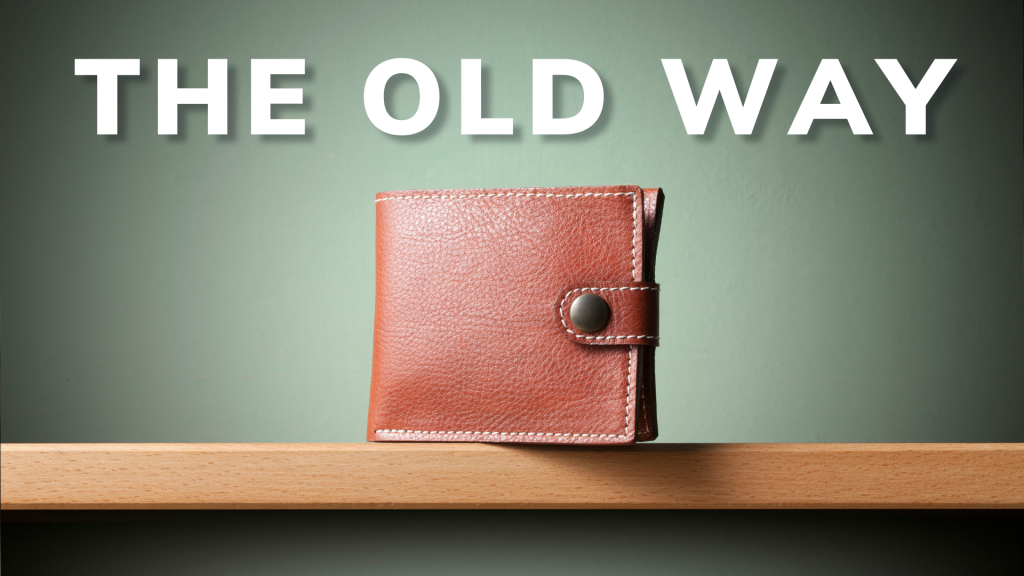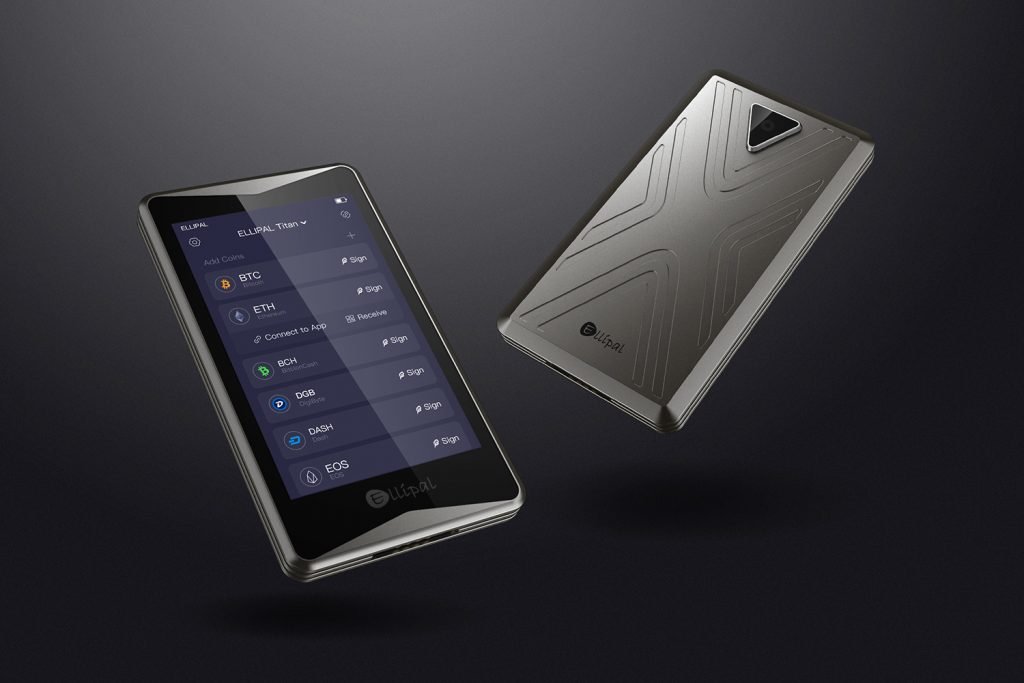
Securing Your Crypto Assets: Types of Wallets
Securing Your Crypto Assets: Types of Wallets

Let’s talk wallets. When investing in digital assets such as cryptocurrency, we must be knowledgeable about best practices when it comes to securing or storing your investments. Within the digital realm, there are numerous ways to store your digital assets. Each of them provides different levels of privacy and security. Generally speaking, storing cryptocurrencies can be divided into two major categories:

- Hardware
- Desktop
- Mobile
- Browser-based or online wallets
- Paper wallets
HARDWARE WALLETS


One of the safest devices to store cryptocurrencies for less experienced users are hardware wallets. These wallets can range in style, functionality and features but generally offer great securities.
The Trezor on the top right is a cold wallet that does have to connect to an online source in order to use. While on the left the Ellipal (becoming one of my favorites) is completely offline. I prefer the increased security of this wallet over the Trezor. Both really strong wallets to get started with.
(Note: Offline storage of encrypted private keys can be just as secure but will require some expertise).
Here are my two best hardware wallets for storing cryptocurrencies:
- Ellipal Titan – Metal body, rugged and reliable devices. 100% offline.
- Trezor Model T – Open Source Security. Colored Touchscreen
Note: Don’t buy hardware wallets from the vendors not certified by the wallet’s manufacturers as they may have been tampered with, modified, or hacked. Buy only new and sealed hardware wallets from manufacturers and official re-sellers listed on official websites.
MY CHOICE FOR SECURING DIGITAL ASSETS
DESKTOP WALLETS

Using a desktop wallet, you will have the ability to store your digital assets in a software-based crypto wallet on a PC or a laptop device.
Desktop wallets are protected from online threats, such as phishing and browser-based malware, but can be exposed to computer viruses. That said, they are more convenient than hardware wallets since they can be accessed quickly, hence more suitable for everyday use.
With that suitability comes threats since your wallet is in a device that can be connected to the net. Keep this in mind when you are choosing your wallet.
(Note: This type of storage is not the most secure, but offers decent security and most convenient).
MOBILE WALLETS

Crypto wallets for smartphones are convenient to use and allow you to manage crypto assets on the go. Mobile wallets can be protected with a PIN, Touch ID, or Face ID to protect the funds in case the device is lost or stolen.
(Note: users can mistakenly download a fake app from the Google Play Store or App Store, so make sure to only download wallets from official developer websites. Never follow advertisement links, as they can lead to phishing attempts that aim to steal users’ funds and confidential information.)
Here are two mobile wallet options for storing cryptocurrencies:
- Exodus – a mobile version of one of the most popular desktop wallets. Supports iOS and Android devices.
- Trust Wallet – a secure and convenient multi-currency crypto wallet from Binance with support for several blockchains, such as Ethereum (ERC-20), BinanceBEP (BEP20), and Binance Smart Chain (BSC).
ONLINE WALLETS

Using cryptocurrency exchanges such as coinbase, for the long-term storage of crypto assets IS NOT ADVISED DUE TO THEIR LACK OF SECURITY. One of the key rules of holding crypto is “not your keys – not your coins.” This means, if you don’t control your private key information, you don’t actually control your cryptocurrency.
Crypto exchanges hold digital assets for investors and traders who regularly trade cryptocurrencies. I do not recommend long term storage on these types of wallets because:
- An exchange could go bankrupt or get hacked.
- There’s no guarantee that the exchange won’t freeze your funds under some pretext, such as the illegal origin of the coins.
- Cyber theives can steal credentials in a variety of ways and hack into a trader’s account.
(Note: large exchanges typically keep only a small percentage of their assets on hot wallets. Therefore, even if the exchange is hacked, only a portion of all deposits would be compromised and they can quickly compensate users for the stolen funds.)
Here are two mobile wallet options for storing cryptocurrencies:
PAPER WALLETS

Paper wallets do not require downloading of any particular software to manage and store digital assets. Because of this, they are not vulnerable to hacking attacks.
However, this method of storage has its own issues, as private key information is stored on a piece of paper, which can easily become damaged, lost, or destroyed. If the paper wallet is compromised, your funds will be irrevocably lost. One solution would be to laminate this type of wallet to help preserve it for the long term.
(Note: Paper wallets do not generate a seed phrase and contain only the address, public key, and private key, which must be printed out on paper or memorized.)
Here are two paper wallet options for storing cryptocurrencies:
- Bitcoin Paper Wallet – a paper wallet generator for storing bitcoin.
- Bitcoin.com Paper Wallet – from the creators of BTC Cash





Dope. Great info 🙌🏾
Thank You Sir!!!